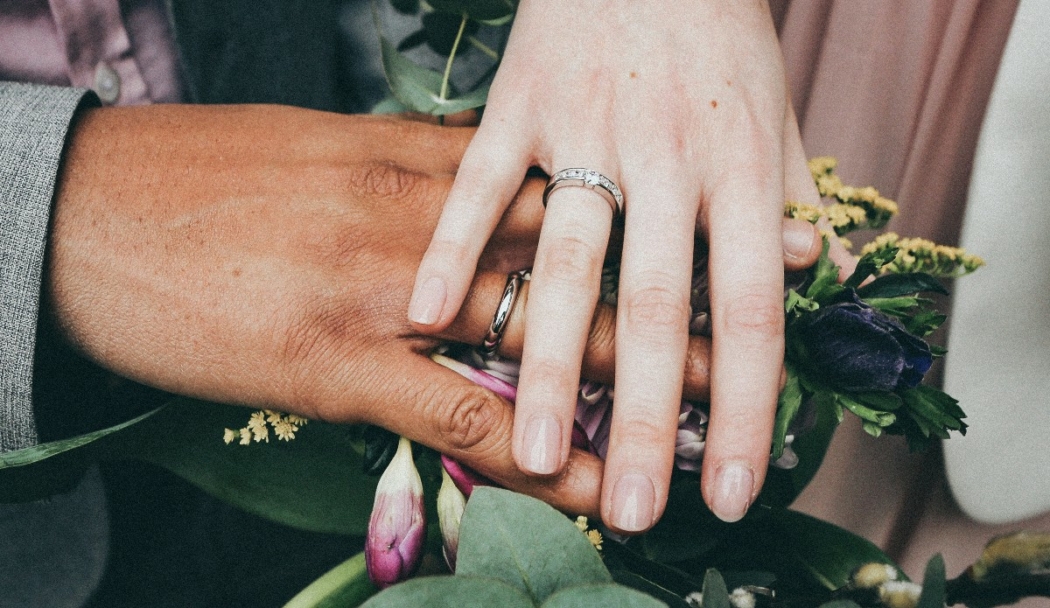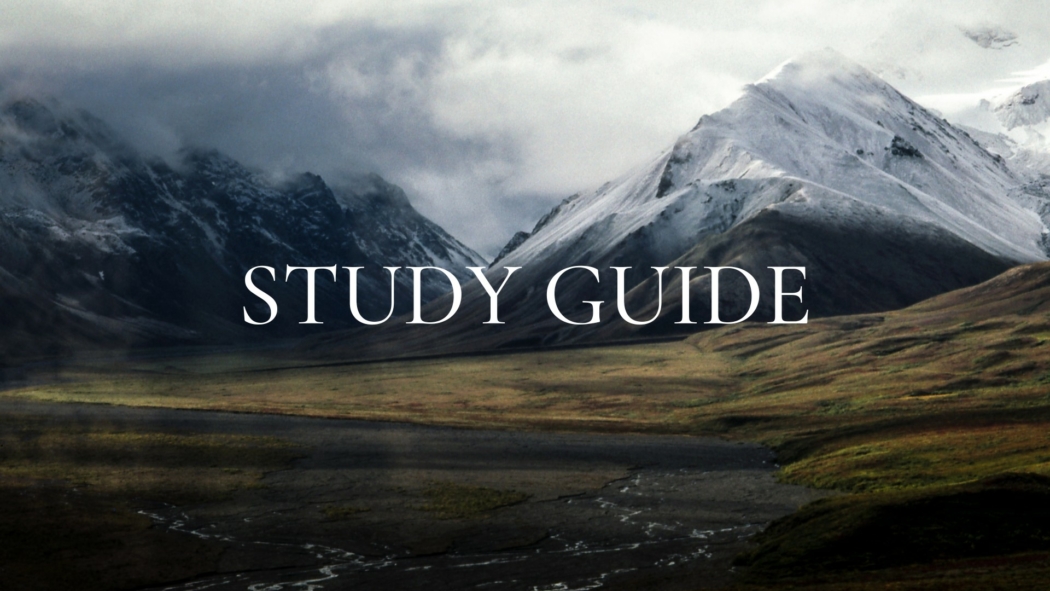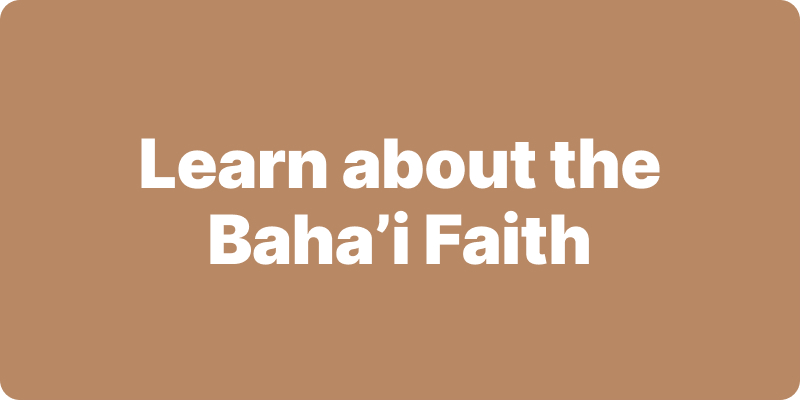If the soul comes from God, as the world’s religions agree, why wouldn’t it have some memories of this remarkable origin? If it did, this remembrance surely wouldn’t come easy. It would require hard work to retrieve such deeply embedded memories. Remembrance of our divine origin may be deeply hidden but it is also the most rewarding of all memories to attempt to recover.
That’s why there is a great power in remembrance. Enough hard work, and remembrance can awaken us to an everlasting, changeless reality. God continues to send us his Messengers to help us remember who we are and where we came from. The world’s sacred traditions acknowledge the importance of seeking answers to the mysteries of life. This quest for spiritual understanding raises two essential questions: “Where have we come from?” and “Where are we going?” The mystery of our origin and our destiny is intricately tied to the nature of the soul.
At the heart of the Baha’i scriptures is the belief that our purpose in this life is to prepare for the life beyond, that the soul is on a journey from and back to God:
All things proceed from God and unto Him they return.
Baha’u’llah, Kitab-I-Aqdas, p.72
Like all other divinely revealed religions, the Baha’i Faith is fundamentally mystic in character, with the goal of developing both the individual and society, through the acquisition of virtues and ethical values.
A story shared by many sacred traditions (a version of which includes the Jewish legend “The Angel and the Unborn Soul”) addresses metaphorically how we learn in the womb as unborn souls what our nature and destiny can be. We are born, however, forgetting where we came from and why we are here. Our physical nature, and its needs and wants, take over at birth, and we spend the rest of our lives trying to remember what we have already forgotten.
This story addresses the descent of the soul to the material realm and the challenges it faces here. The Sufi version of the story includes the reminder that within the soul are Divine Attributes linking us to God, and that even though once embedded in materiality we become blind to that secret within us, we still have the gifts of “mind” and “will” to help us return to this original level of awareness.
But even with these gifts, how do we remember what is buried within us? How do we use the tools given to us? It seems like we are hardwired for transcendence, for going beyond what is seen, venturing into the unknown, and making it the known. Transcendence is necessary to our existence. One cell transcends into many; cells transcend into one body; individuals transcend into societies; and societies transcend into world civilizations. Part of this transcendence is innate and part of it is learned.
This is why the prophets of God speak so clearly of remembrance. When Baha’u’llah asks us to “… remember Me…” (Gleanings, 313) this is to keep our focus on the sacred, on the spiritual aspect of life. This is where we will find our greatest comfort, the holiness of life, and the love that we will most cherish.
He says further that remembrance of Him will be “the healer of (our) ills” (Hidden Words, 33). And in a very specific way, remembrance of Him, and especially the trials and tribulations he endured, will bring greater meaning to our own lives by bringing to light the universal, archetypal experiences we all share with Him. Our own real-life experiences of overcoming suffering are a reflection of those of the prophets.
But remembrance is not an easy process. Living in the material world is like having dust gather upon the soul. As Abdu’l-Baha explains, this dust is “attachment to the world, avarice, envy, … haughtiness and self-desire.” These are some of the things that cover the light within us, and prevent “the rays of the Sun of Reality” from transforming us into a reflection of its “intense brilliancy and radiance.” What will wipe the dust away, and get us in touch with our soul again, is “sincerity, justice, humility, severance, and love” toward others. (Promulgation of Universal Peace, 244)
If the soul is seen as a repository of ancient, divine mysteries, remembrance may be the most powerful tool for achieving true self-knowledge, as this knowledge is within us, fully accessible, and essential to who we have always been and always will be. Remembrance removes the dust and allows the light within us to shine. As we mature spiritually, our remembrance grows deeper and deeper and moves us along the continuum away from material attachments and toward a state of constant remembrance of our Creator.
When we get right down to it, at the heart of most spiritual practice, what is left when we move beyond form, constricting language, and prescriptions, is simply remembering. Remember who you are. Remember what you love. Remember what is sacred. Remember what is true. Remember that you will die, and that this day is a gift. Remember how you wish to live, and that you will return to where you came from.
One of the greatest gifts we can give ourselves is finding the practice, simple or otherwise, that will help us remember who we are, what we do know, and what we do not yet remember that we know. It can be meditation, prayer, writing, singing, walking, or even going deep into the mundane routines of life. Having something regular that helps center us into a remembrance of what we may already know to be sacred and beautiful is essential to our spiritual growth. Simple acts of remembrance greatly enrich our spiritual life and move us toward transformation.
What we also discover from the practice of remembrance is not escape from the world, but work in the world is the real goal. Our remembrance of where we came from and where we are going will fundamentally change us and transform all of our relationships into relationships of authenticity, respect, and compassion.
Posted by
Robert Atkinson, Ph.D., is an internationally known author of eight books, a professor of human development and religious studies, and director of Life Story Commons, at the University of Southern Maine. This blog post is adapted from his most recent book, Mystic Journey: Getting to the Heart of Your Soul’s Story (Cosimo, 2012). To learn more about the book and how to order it, go to his website www.RobertAtkinson.net.







































